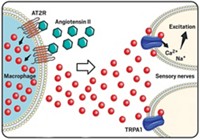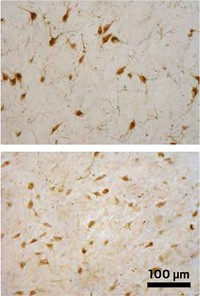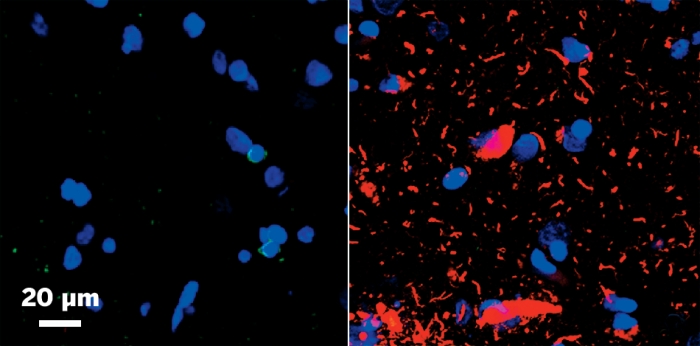Advertisement
Grab your lab coat. Let's get started
Welcome!
Welcome!
Create an account below to get 6 C&EN articles per month, receive newsletters and more - all free.
It seems this is your first time logging in online. Please enter the following information to continue.
As an ACS member you automatically get access to this site. All we need is few more details to create your reading experience.
Not you? Sign in with a different account.
Not you? Sign in with a different account.
ERROR 1
ERROR 1
ERROR 2
ERROR 2
ERROR 2
ERROR 2
ERROR 2
Password and Confirm password must match.
If you have an ACS member number, please enter it here so we can link this account to your membership. (optional)
ERROR 2
ACS values your privacy. By submitting your information, you are gaining access to C&EN and subscribing to our weekly newsletter. We use the information you provide to make your reading experience better, and we will never sell your data to third party members.
Biological Chemistry
How Itching An Itch Makes It Itch Worse
Studies in mice indicate that scratching triggers the brain to release serotonin, which in turn intensifies the itch
by Lauren K. Wolf
November 17, 2014
| A version of this story appeared in
Volume 92, Issue 46
Thinking of scratching that itch? Think again. A team of researchers led by Zhou-Feng Chen of Washington University School of Medicine in St. Louis has determined that scratching causes the brain to release serotonin, which in turn prods nerve cells in the spinal cord to amplify the itch sensation (Neuron 2014, DOI: 10.1016/j.neuron.2014.10.003). The researchers hope that therapeutically interrupting the itch-scratch cycle in the spinal cord might one day bring relief to patients suffering from chronic itching. “People would rather suffer a little pain than itch,” Chen says, explaining that the mild pain signal a scratch sends to the brain overrides itch. The problem is that the brain tries to dampen this pain by releasing serotonin. After eight years of study, Chen’s team demonstrated that serotonin not only dampens pain, it also increases itch. In one experiment, the researchers used a group of mice lacking serotonin receptors in their spinal cords. When injected with the itch-inducing compound chloroquine, these rodents scratched far less than their normal counterparts. Other experiments unveiled that serotonin-amplified itch occurs following the coactivation of two nerve cell receptors in the spine—the serotonin receptor 5-HT1A and the itch-related receptor GRPR—although how they interact remains unknown.







Join the conversation
Contact the reporter
Submit a Letter to the Editor for publication
Engage with us on Twitter